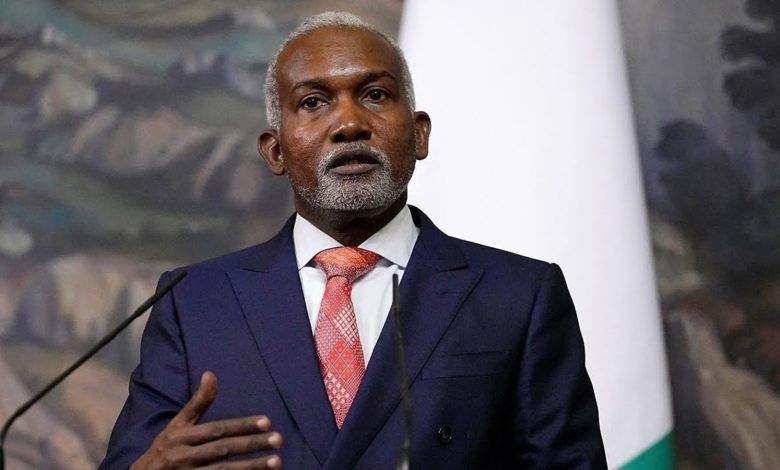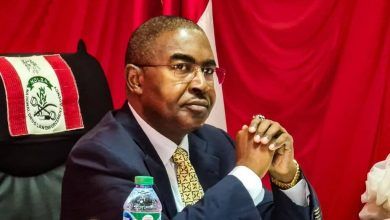
The United States’ recent decision to impose visa restrictions on all member states of the Economic Community of West African States (ECOWAS) risks undermining regional trade, diplomacy, and prosperity, ECOWAS Chair and Nigerian Foreign Minister Ambassador Yusuf Tuggar warned Wednesday.
Addressing delegates at the 54th Ordinary Session of the Mediation and Security Council in Abuja, Ambassador Tuggar described the move as a significant impediment to strengthening US-West Africa relations at a crucial time for economic and security cooperation.
“It would be deeply unfortunate if these visa barriers persist,” Tuggar said. “West Africa is a region brimming with opportunities and ready for partnerships. But these restrictions act as non-tariff barriers that choke off potential deals.”
Highlighting ECOWAS’s rich resource base, Tuggar stressed that the policy is not only a diplomatic misstep but an economic missed opportunity. “Our countries possess critical minerals and rare earth elements, such as samarium from monazite deposits in Bauchi State,” he said. “We have long been active players in international trade, even predating the modern state system.”
Calling on Washington to reconsider its approach, Tuggar emphasized that West Africa offers strategic alternatives to more distant, politically complex energy suppliers. “ECOWAS and the US have a rare chance to forge a partnership grounded in mutual need. But that partnership depends on allowing government officials, business leaders, and entrepreneurs to travel freely and close deals,” he added.
The visa restrictions come as the Trump administration reviews a list of African and other countries deemed by the State Department to fall short on various benchmarks, including the issuance of reliable identity documents and combating government fraud.
Countries on the list include Angola, Benin, Burkina Faso, Cabo Verde, Cameroon, Côte d’Ivoire, Democratic Republic of the Congo, Djibouti, Ethiopia, Egypt, Gabon, Gambia, Ghana, Liberia, Malawi, Mauritania, Niger, Nigeria, São Tomé and Príncipe, Senegal, South Sudan, Tanzania, Uganda, Zambia, and Zimbabwe.
The administration has given these nations 60 days to meet new requirements or face possible travel bans.
As tensions rise, ECOWAS and its partners face a pivotal moment to balance security concerns with the economic realities of an interconnected global landscape, underscoring the urgent need for dialogue and cooperation.





